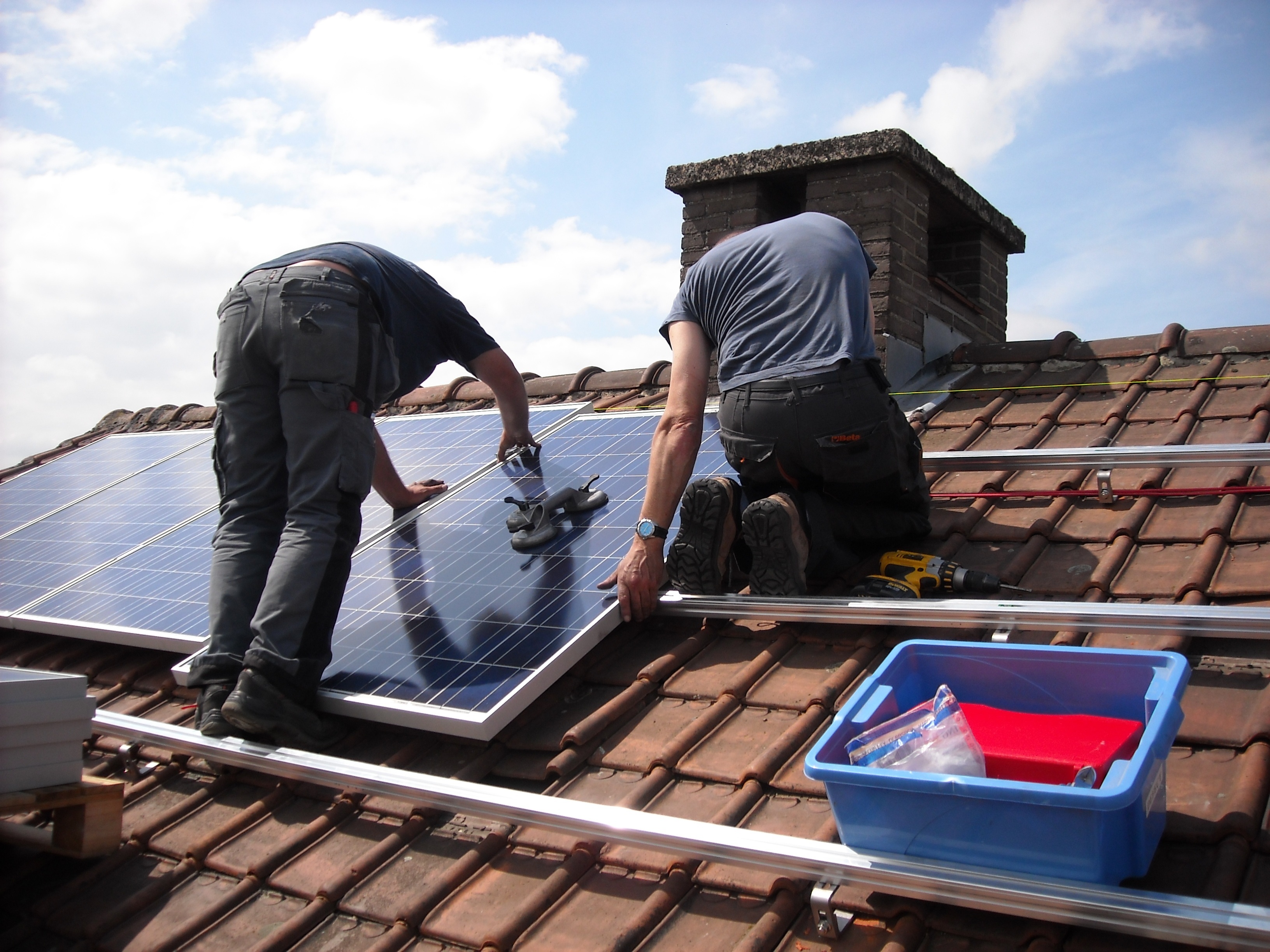Views: 8 Author: Site Editor Publish Time: 2021-05-11 Origin: Site

No matter what time of the year, switching to solar power is a wise investment for your home or business. Being able to use the huge energy of the sun and put it into use, powering your house can help you save a lot of energy costs. However, as the years pass and the seasons change, the energy produced by the panel will also change. It is extremely important to know how this change will affect you and your energy expenditures, especially from a planning perspective.
Energy impact
In a perfect world, your panels will generate exactly the same energy every day, allowing you to fully grasp how much energy they generate, and you can tailor the power according to your needs. However, there are many factors that change the energy produced by the panel, and many of these factors depend on the season.
These factors include:
Geographical Location
Time of day
Time of year (season)
landscape
Atmospheric conditions
Let's take a closer look at these
Geographical Location
Our geographic location and seasonal changes have a great influence on the amount of sunlight your panel sees every day. Shorter days in winter and autumn will reduce solar production. It is easy to notice that the darkness of winter nights is much faster in winter, and yes, this will affect the production of solar panel systems. Less daylight exposure means less time for the panel to generate energy, which means you will need to rely more on utility energy.
Time of day
Daylight saving time also changes in winter, which is not necessarily due to the end of daylight saving time. When winter comes, the sun will rise in the late morning and then in the evening, which will indeed change the amount of electricity your solar panels can generate. it is also
Change the time when the system is converted to utility energy, which may affect your energy costs.
Time of year
Summer is here, and there is plenty of sunshine, swimming, air-conditioning and barbecue seasons everywhere. With three-digit weather coming to us, the uncontrollable result of high electricity bills; it is important to somehow predict how much money will be budgeted to cover your electricity bills and manage energy usage.
Longer days in summer allow us to generate more solar energy, which can be stored and used for a shorter period of time when less energy is generated.
Atmospheric conditions
It’s no secret that there are more and more cloudy and even rainy days in winter. These conditions reduce the exposure of the panel to sunlight, thereby limiting the energy that the panel can generate. This does not mean that your lights will go out on a cloudy day, but it means that you may find yourself relying on more electricity from the public grid than on a sunny day without clouds.
landscape
As the sun goes down, people are increasingly worried about the location of houses. California is not exactly a flat state, and the Central Valley has thousands of expansive farmland, but some areas in the mountains are shaded earlier than the areas along the coastline. These areas are particularly hit by the faster setting sun because they lose direct sunlight earlier than other areas.
What to expect from solar energy in winter
Therefore, this raises a question: Will solar energy become basically useless in winter? Answer: Absolutely not, in fact the opposite is true. For starters, solar panels are actually more efficient in the cooler months of winter, because the cool weather can make the electrical energy in the solar panels flow more evenly to the home. Likewise, colder weather actually helps keep the panel cool, thereby extending the life and life of the panel.